Apply for Research Funding
.
Apply for Funding
We support research projects that produce rigorous, relevant, and impactful science, address global change, and actively involve citizen-scientist participants. We distribute requests for proposals (RFPs) annually. We evaluate proposals based on scientific merit, appropriateness of citizen-scientist activities, expected project outcomes and impacts, safety, and logistics.
Earthwatch funding is intended to be supplemental to other sources of funding. Annual budgets for projects with long-duration teams range between US $20,000–$80,000, with most of that covering volunteer and staff expenses while in the field. Final grants are provided on a per-capita basis based on the number of participants. Research projects are tenable for three years, subject to annual performance review, and may be eligible for renewal beyond that period. We pride ourselves on our capacity for long-term support of research projects, averaging between 10–11 years of support across the projects available for public recruitment.
Earthwatch takes the safety of all people involved in projects we support very seriously. Therefore, we are unable to support research projects in certain regions of the world due to safety concerns, with no exceptions. Please review our current Earthwatch “No Go” List prior to applying for funding.
Submit a Pre-Proposal
To submit a pre-proposal for review, please visit our Submission Portal.
-
RFP_Biodiversity_Conservation_2025
-
RFP_Marine_Conservation_2025
-
RFP_Traditional_Ecological_Knowledge_2025
Pre-proposals for new research projects to begin in 2025 will be accepted through Friday, June 9, 2023.
.
We fund the following field expenses:
- Field equipment and supplies
- PI and co-PI transport to the field
- Participant field transportation
- Field technicians
- Support staff (including: cooks, logistics coordinators, wildlife guards, drivers, etc.)
- Food and housing for PIs/co-PIs, field technicians, and Earthwatch participants
We are not able to fund the following:
- Scientist salaries
- Student tuition
- Institutional overhead
- Capital equipment
- Post-fielding data analysis
.
Citizen Science, Community Engagement
The citizen science community is becoming increasingly aware of the importance of inclusive language and its impact on audiences and communities. By moving away from terms like "citizen" in favor of alternatives such as "collaborative science" or "participatory science," we aim to address the adverse connotations associated with citizenship, which can exclude people who are not legal citizens. This shift in language recognizes the importance of diverse perspectives and broad public participation, regardless of citizenship status. Please see the Citizen Science Association's resource "Coming to Terms" for more information.
.
.
Project Requirements
Funding Requirements
To fit our citizen-science model, unless otherwise stated in the request for proposals, all proposed projects must:
- Have quantifiable goals and measurable impacts of action taken by the project;
- Have a 3-year or longer duration (longer-term research will receive priority support);
- Incorporate field-based research and data collection, with participants sufficiently trained while in the field;
- Have data gathered primarily by citizen-scientist participants recruited by Earthwatch;
- Field a minimum of four (4) research teams per year (the average project fields 6-8 teams per year), with 4–15 participants per team as needed for data collection;
- Field research teams are typically 7–9 days in length, with some projects hosting 10–14-day teams;
- Provide reputable housing for volunteers within a 45-minute drive from site;
- Field adult, high school and college student, teacher, and/or corporate groups;
- Be run in English, with all communications by field staff and supporting documents in English;
- Educate volunteers about the project’s science and its relevance to global priorities;
- Prioritize locally run vendors, partners and businesses in preparing field logistics (including food), with a focus on those that adhere to sustainable business practices;
- Collaborate with local community stakeholders through engagement, outreach and contributions to conservation actions;
PI Requirements
All pre-proposals must be submitted by the PI, who will be responsible for all scientific oversight of the proposed research and analyses. The lead PI, or at least one member of the research team must have a Ph.D. in the field of the proposed research and an affiliation with a university, government or tribal agency, or science-focused NGO, or collaborate with a co-investigator that meets those qualifications. Earthwatch encourages members of groups historically underrepresented in STEM, scientists local to the nation where the research takes place, and early career scientists, to apply. University labs (advisors + grad students) provide a strong and successful approach for our model. In that context, we encourage graduate student participation in projects as research technicians, and are able to include per diem stipends in the research budgets for these roles.
We strongly encourage scientists with an interest in working with 15- to 18-year-old students to apply for funding. PIs and support staff with relevant experience should highlight this experience in their proposal.
While in the field, Earthwatch participants must be led by scientifically qualified personnel. We encourage the presence of the PI in the field, though trained field staff may lead some of the teams. The researcher leading Earthwatch participants must have experience leading groups afield. The leader must be fluent in English, familiar with Earthwatch safety protocols and guidelines, and certified in first aid. Additionally, that individual must be able to communicate about the research effectively with participants, respond to questions, and connect the research to a larger global context.
.
.
Research Ethics Standards
.
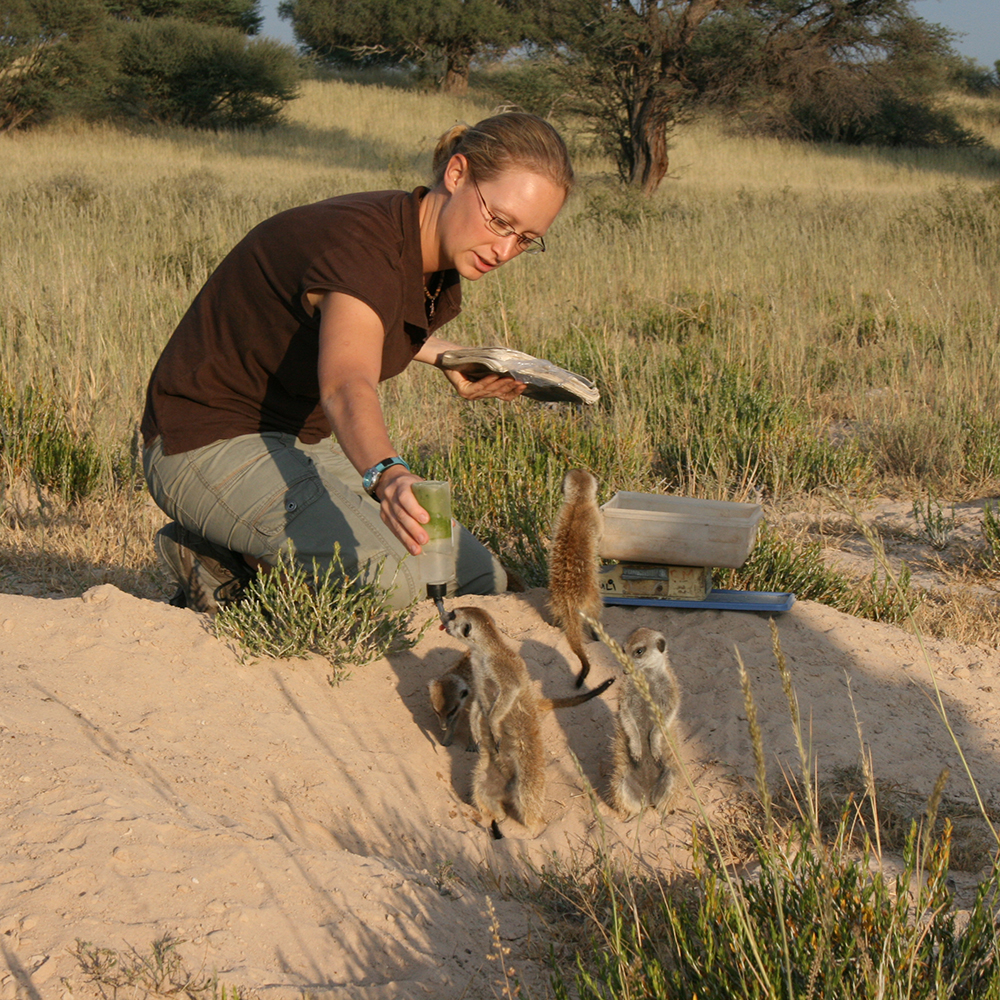
Working with Animals
All projects must follow any existing institutional, national, and international standards for working with animals. We only support capture and handling of animals when it is justified and absolutely necessary to answer research questions and when data cannot be obtained in a more noninvasive manner. We are interested in supporting the development of novel noninvasive methods and technologies, including, but not limited to, eDNA sampling, camera traps, acoustical monitoring tools, etc., as long as volunteers are involved in their deployment, data collection, and some of the initial analyses.
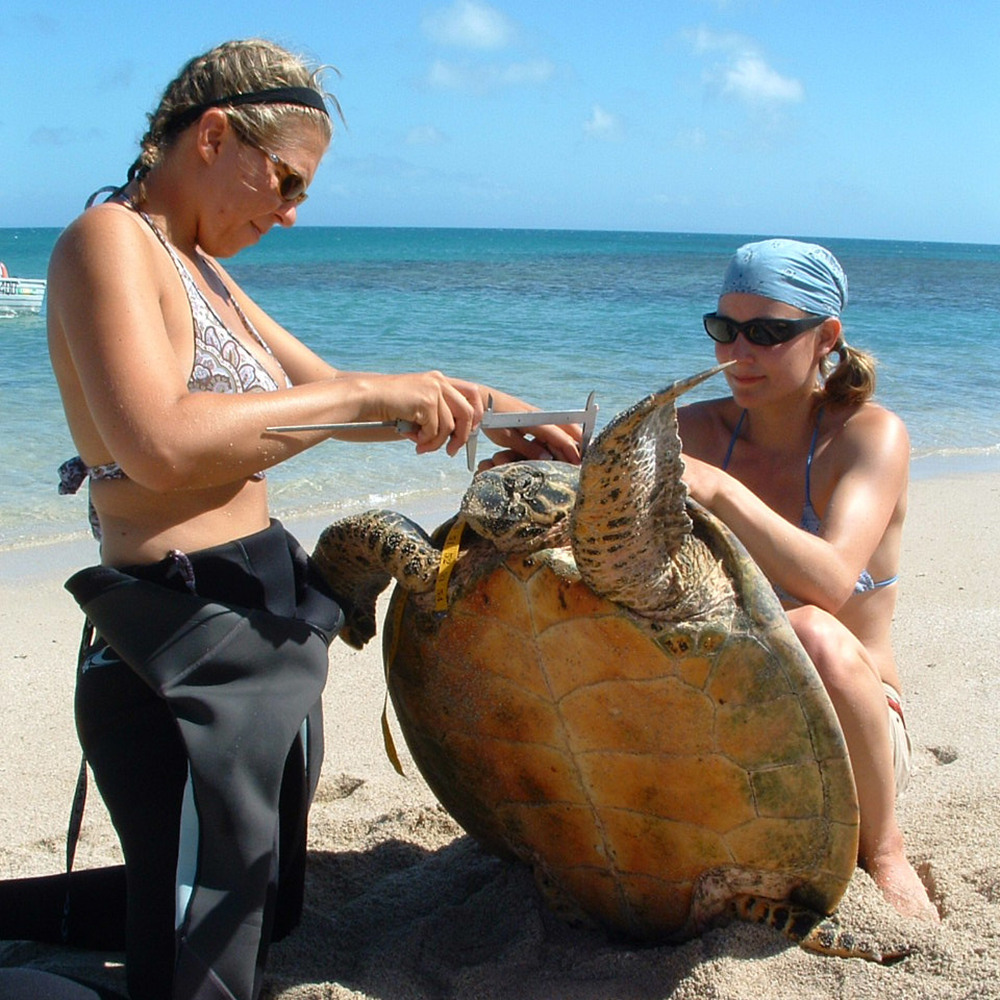
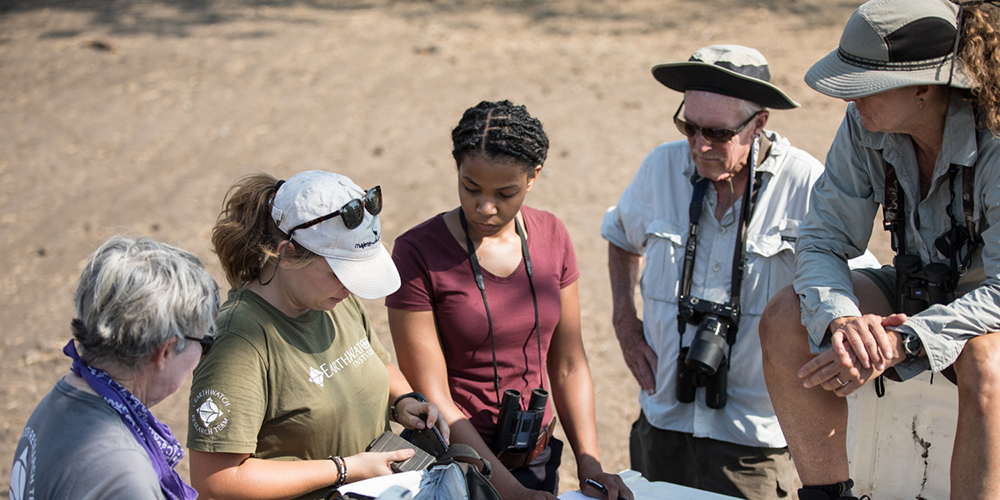
Working with Human Subjects
All projects must follow any existing institutional, national, and international standards for working with people, and provide IRB “clearance” prior to fielding with Earthwatch volunteers. Participants are not to conduct social surveys or interviews in local communities independently or unsupervised, although they may assist the research staff in this when deemed appropriate.
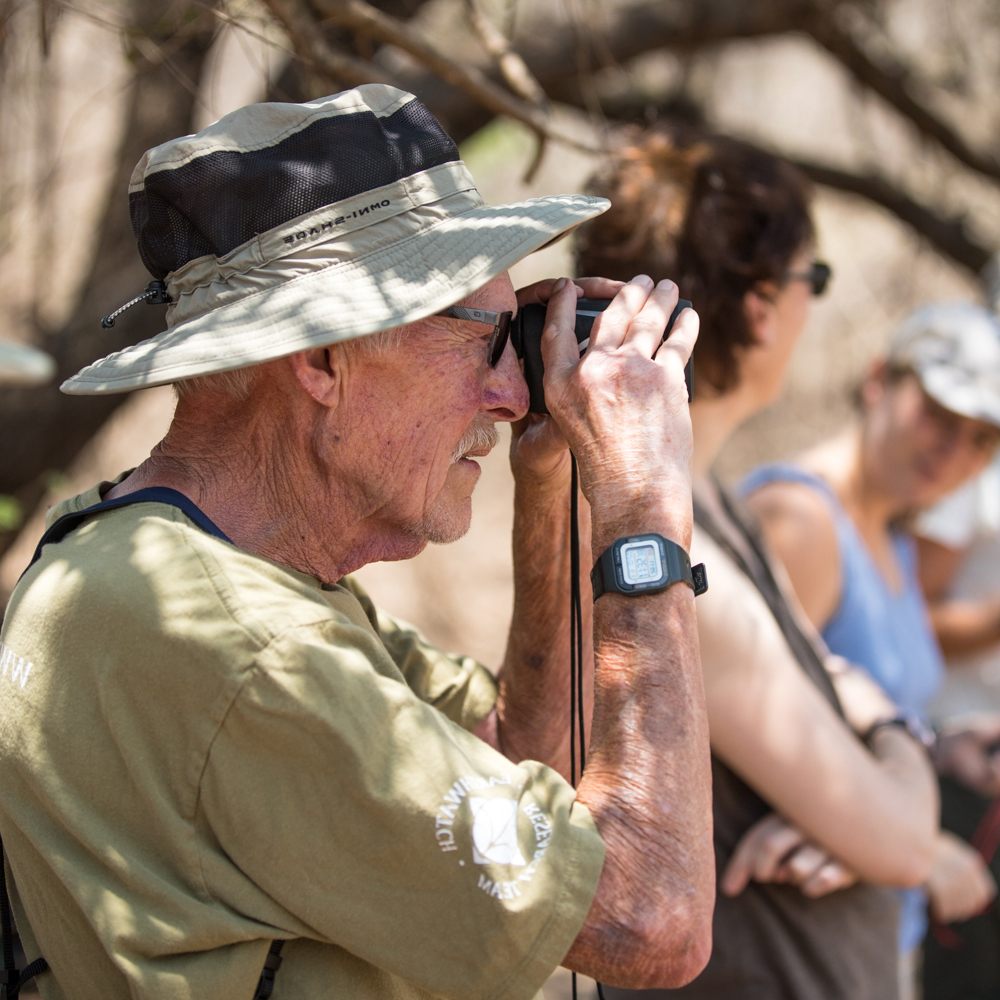
Reducing Bias
All PIs and their staff must apply rigorous quality assurance/quality control (QA/QC) measures, while at the same time engaging citizen scientist participants in as many aspects of the research as possible. We encourage PIs to assess and publish on the Earthwatch model of citizen science in the context of the PI’s focal research.
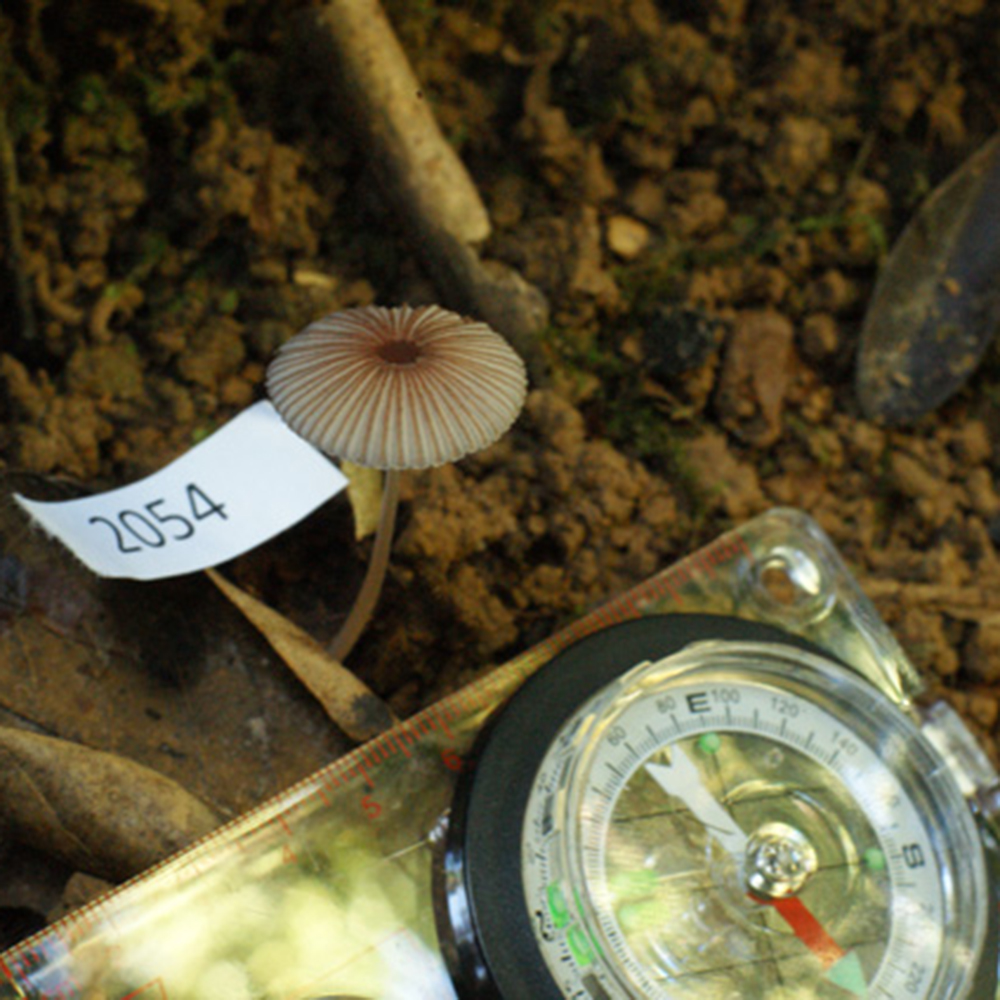
Improving Ecological Sustainability
Projects must be designed to minimize their carbon footprint and operate in as ecologically sustainable of a manner as possible. This includes transportation, accommodations and food, and interactions with local communities.
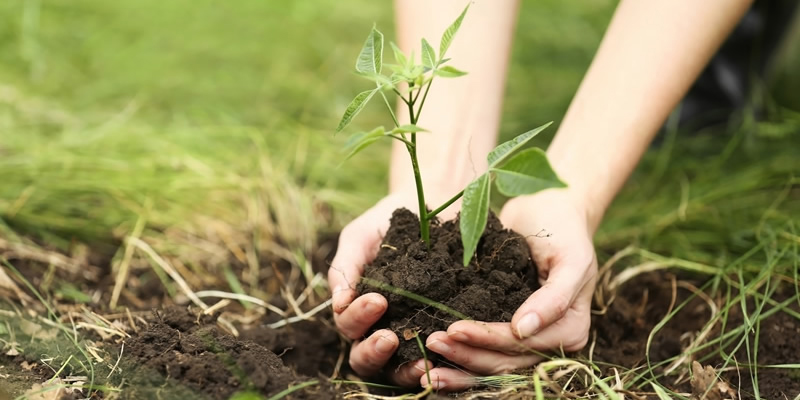
Sign up for the Earthwatch Newsletter
Stay informed on Earthwatch news and updates by filling out the form below.
.
.
.